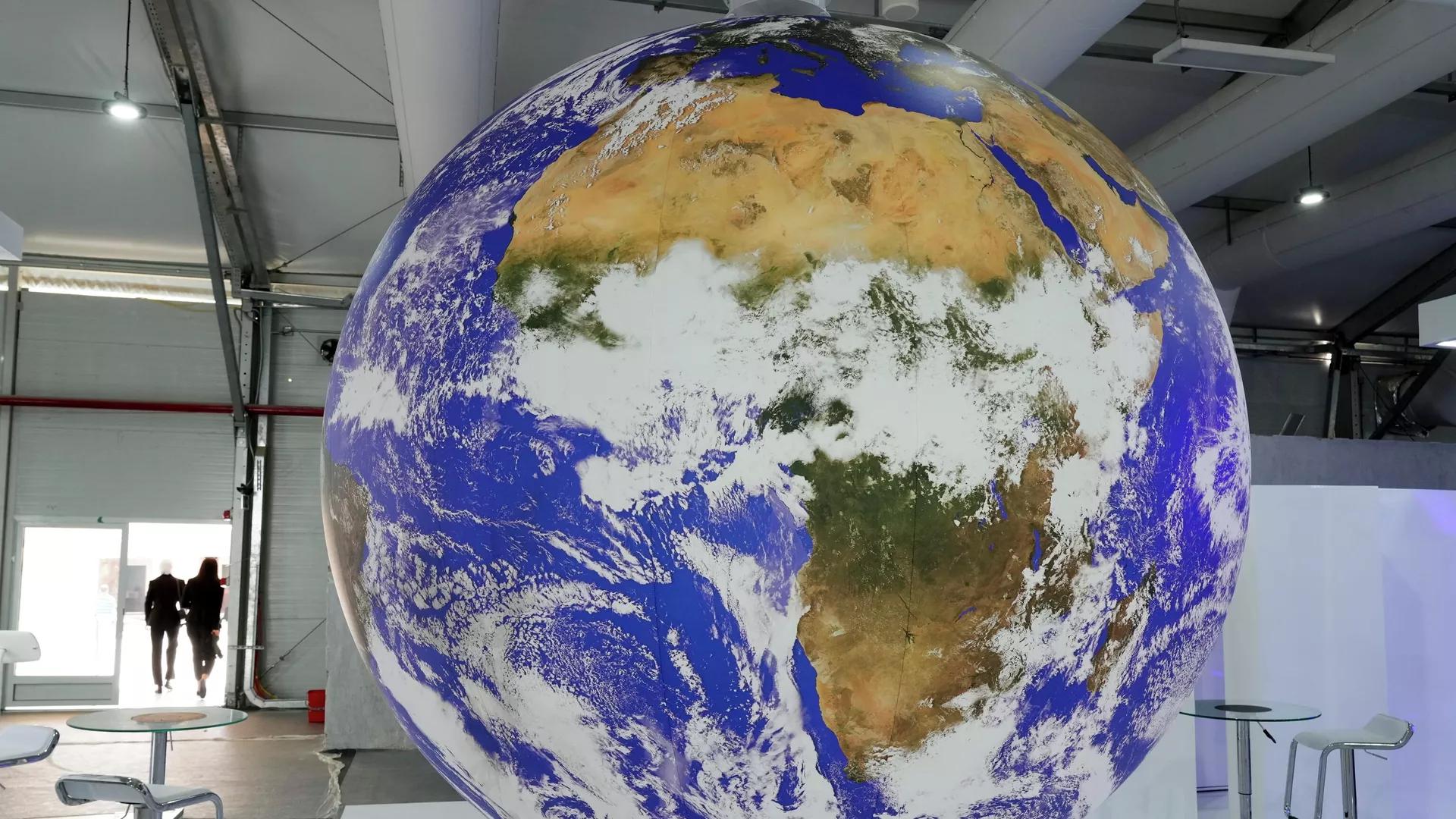Africa-Press – Botswana. At virtually every climate summit, the attending countries make serious promises to reduce greenhouse gas emissions and switch to clean energy, but the world is still far from the targets the Paris Agreement set to be reached by mid-century.
A senior Egyptian diplomat in charge of the upcoming UN climate summit, COP27, has accused the world’s governments convening for crucial climate talks of making encouraging statements in public but afterwards retracting them in the privacy of negotiations.
Countries’ public declarations of support that do not take into account the roadblocks that have emerged in the negotiations on crucial topics like climate finance, loss and damage, and reductions in greenhouse gas emissions have frustrated Egypt.
The formal discussions in Egypt’s Sharm el-Sheikh are expected to begin on Sunday. At least 120 heads of state and government are set to meet on Monday for two days of intensive negotiations to determine the positions that their negotiators will adopt during almost two weeks of ensuing talks.
Showing development in climate financing, according to Aboulmagd, is crucial for this year’s conference. To assist them in reducing emissions and preparing for the effects of extreme weather, developing nations have been promised $100 billion annually starting in 2020. However, this commitment has not yet been fulfilled.
Although the Green Climate Fund was created as a mechanism for allocating the funds, its efficacy has been widely questioned over time. Last week, Martin Griffiths, the UN Under-Secretary-General for Humanitarian Affairs and Emergency Relief Coordinator, has called for greater transparency in climate financing because he has no idea what happened to the $100 billion per year that was promised to fight the effects of global warming in developing nations, namely in the drought-hit countries of Africa.
On Friday, the African Petroleum Producers Organization held its annual Ministerial Council session, which observed that as foreign financiers invest “less and less” in Africa’s oil and gas sector, difficulties will unavoidably arise for the continent’s industry. The members of the group also voted to look for funding to support energy projects in Africa, mainly for the oil and gas sector.
According to the available data, few governments in wealthy nations intend to set significant new targets for reducing carbon emissions or for increasing financial assistance to developing nations dealing with the effects of the climate change.
Many nations, especially in Africa, hope to see the COP27 agenda prioritize loss and damage. Africa is more affected by climate change than any other continent despite contributing only a small fraction of the world’s emissions.
African leaders will attend the summit along with UK Prime Minister Rishi Sunak, the presidents of France and the European Commission, Emmanuel Macron and Ursula von der Leyen. US president Joe Biden is expected to attend, although not for the first two days of the leaders’ meeting. However, Russian President Vladimir Putin, Indian Prime Minister Narendra Modi, and Chinese leader Xi Jingping are not anticipated to visit the conference.
For More News And Analysis About Botswana Follow Africa-Press






